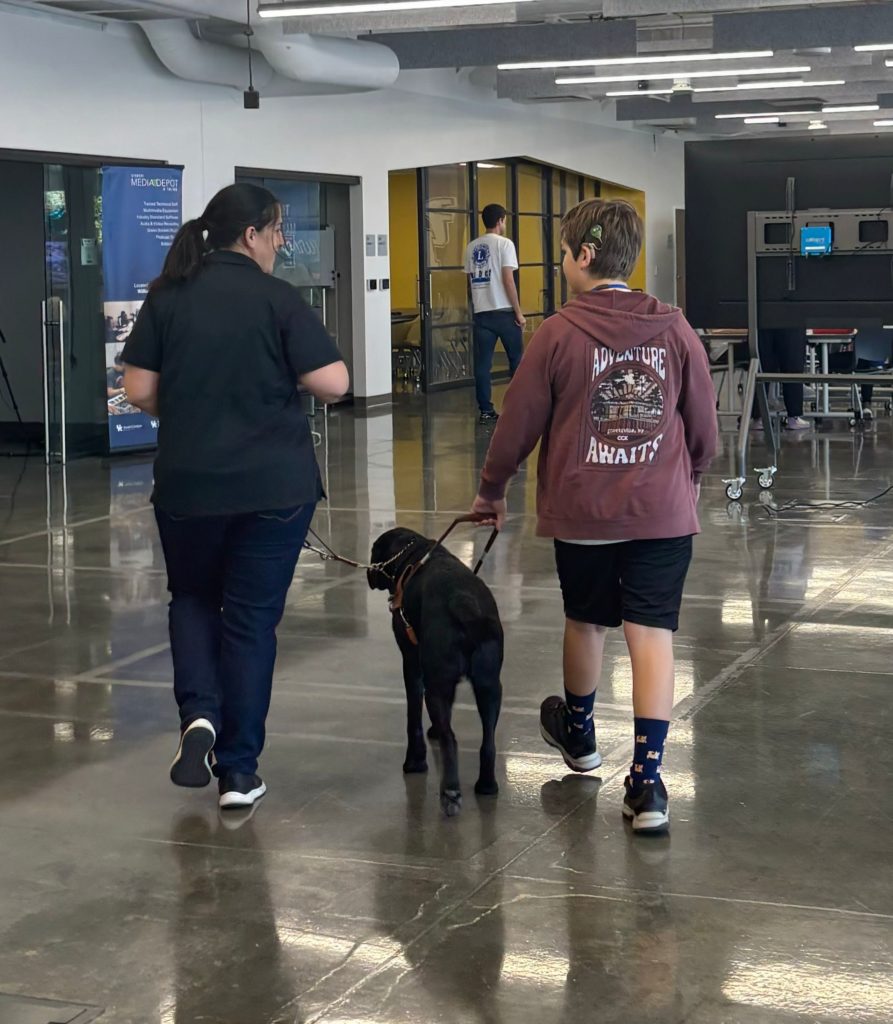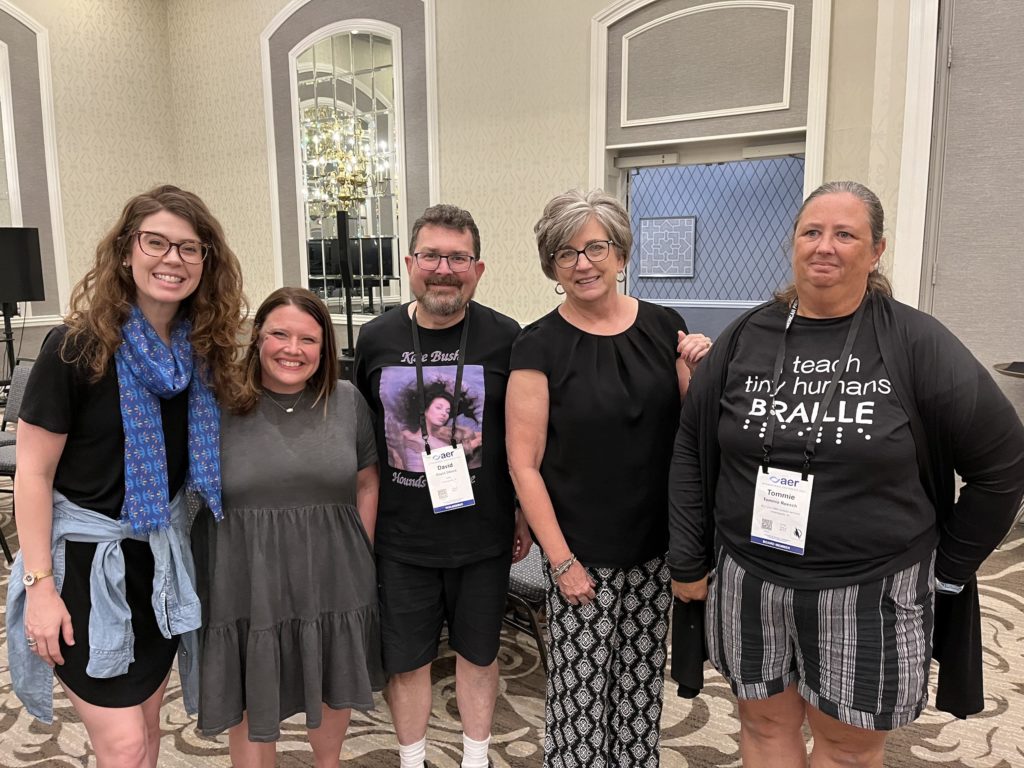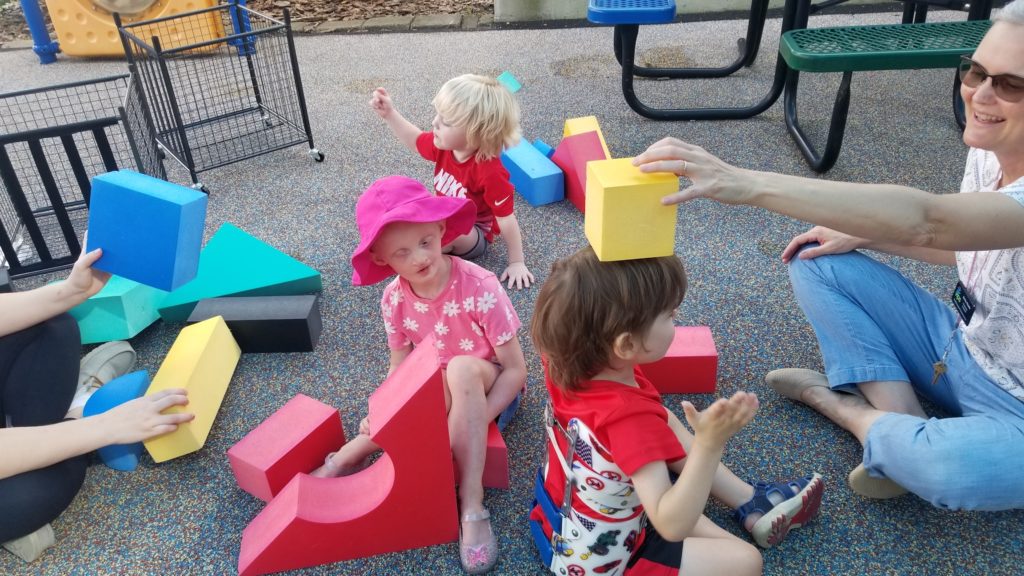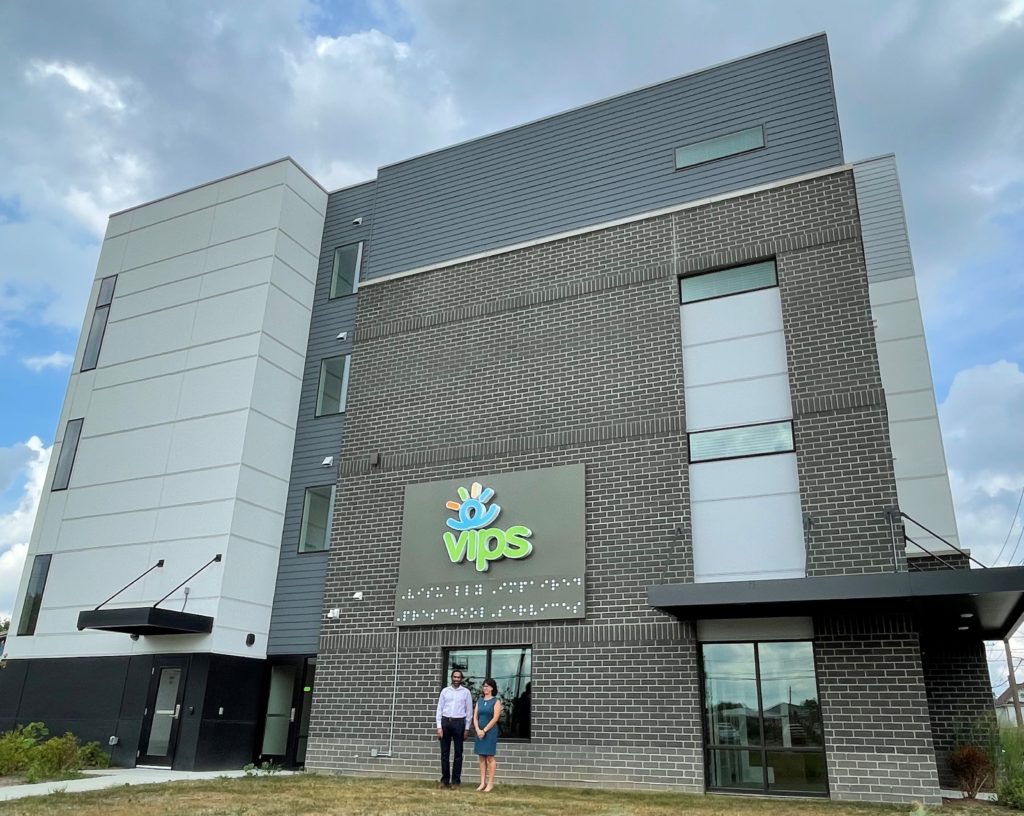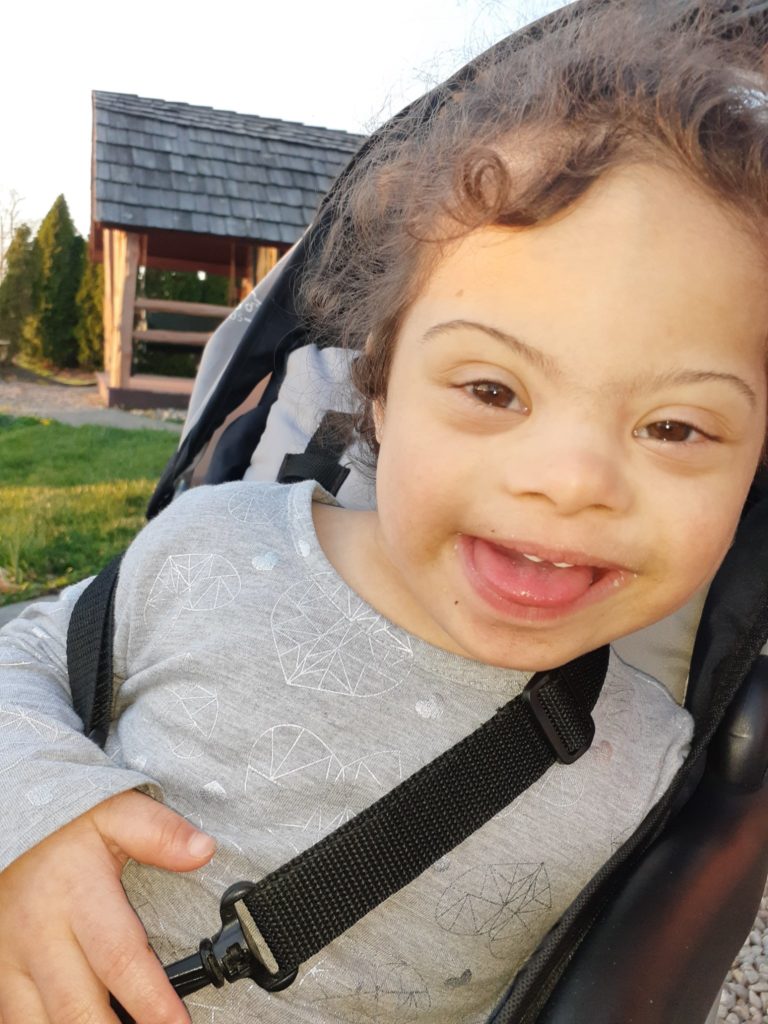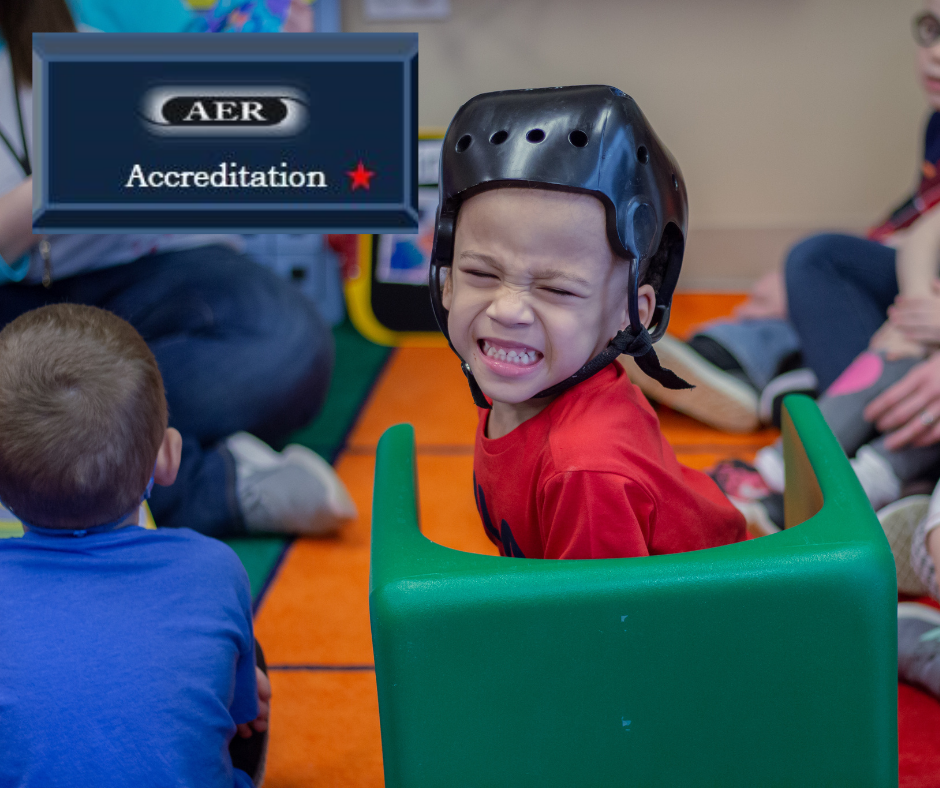Education
Empowering Families, Leading with Purpose… Meet Sheila Klopfenstein
From banker to beloved teacher, Sheila brings passion, purpose, and powerful support to VIPS families across Indiana.
Read MoreCANEtucky Competition for Students with Blindness/Low Vision
By: Ashley Emmons, COMS, IECE, TVI On Friday, October 25th I had the opportunity to volunteer at the 2nd annual CANEtucky event held at The University of Kentucky and hosted by the UK College of Education Visual Impairment Program. What is CANEtucky? CANEtucky is a specifically designed competition for students 12 years and up with…
Read MoreLeading the Way for Best Practices
By Kathy Mullen, VIPS Director of Education The VIPS community was well-represented at the 2024 AER Biennial International Conference this year. Five team members traveled to Charlotte, North Carolina in late July to share news on the exciting things happening within the VIPS community and to learn from our amazing collaborators from across the country…
Read MoreThe Debut of Summer Short Course at VIPS Kids Town Preschool
By: Staci Maynard, VIPS Teacher of the Visually Impaired This summer, VIPS held its first summer short courses in Louisville. Familiesfrom across the state were invited to bring their child with a diagnosed visual impairmentto VIPS Kids Town Preschool for a three day session of activities, assessment, andobservations themed around favorite aspects of summer. The…
Read MoreWelcome to the Simon & Estelle Knoble VIPS Family Resource Center
In late October, our Indiana staff officially moved into the new Family Resource Center located at 1212 Southeastern Avenue, just east of downtown Indianapolis! This center will not only house offices and storage for our staff, but, more importantly, will be a hub for VIPS parents to receive more resources and programming, and allow for…
Read MoreIsaac’s Arrival
On January 19th, I was on bed rest and about to go crazy. I was 4 cm, 80% effaced, and knew that Isaac could be born any day. That evening, as I was watching TV, I thought my water broke and it was finally time to go to the hospital and give a *natural* birth.…
Read MoreSimone is learning independence one step at a time!
“Simone is joy and light, and the center of our family,” said Nicole, mother to VIPS child Simone. She is a busy little girl, always moving and thriving on attention. She spends her days playing, dancing, and exploring the outdoors; specifically, the trees and flowers. She especially loves doing so with her family. Simone is…
Read MoreVIPS RECEIVES PRESTIGIOUS CERTIFICATION
April 27, 2021 Visually Impaired Preschool Services (VIPS) has receivedaccreditation from the Association for the Education and Rehabilitation of the Blind anVisually Impaired (AER), the world’s largest professional organization dedicatedexclusively to professionals who provide services to persons with vision loss, with theaim to promote and support evidence-based practices, high quality standards, value-added resources and giving…
Read MoreTeaching the Teacher; Early Intervention Isn’t Just for the Child
Craniosynostosis – a word Teresa never thought would be in her vocabulary, much less a part of her baby boy’s life. Teresa’s son, Elias, was born at 31 weeks of age and weighed just 3lbs 13oz. Elias was diagnosed with left craniosynostosis; which means some of the joints in his skull fused before his brain…
Read MoreVIPS Published in Online Professional Journal for Visual Impairment and Deafblind Education Quarterly
Check out the latest issue of Visual Impairment and Deafblind Education Quarterly which features VIPS child Bradley on the cover. There is a feature on VIPS published by Executive Director, Diane Nelson, and Director of Education, Kathy Mullen, that can be found here: VIDBEQ641Winter2019_selected-pages We are so grateful that the Council for Exceptional Children (International Headquarters) supports…
Read More
